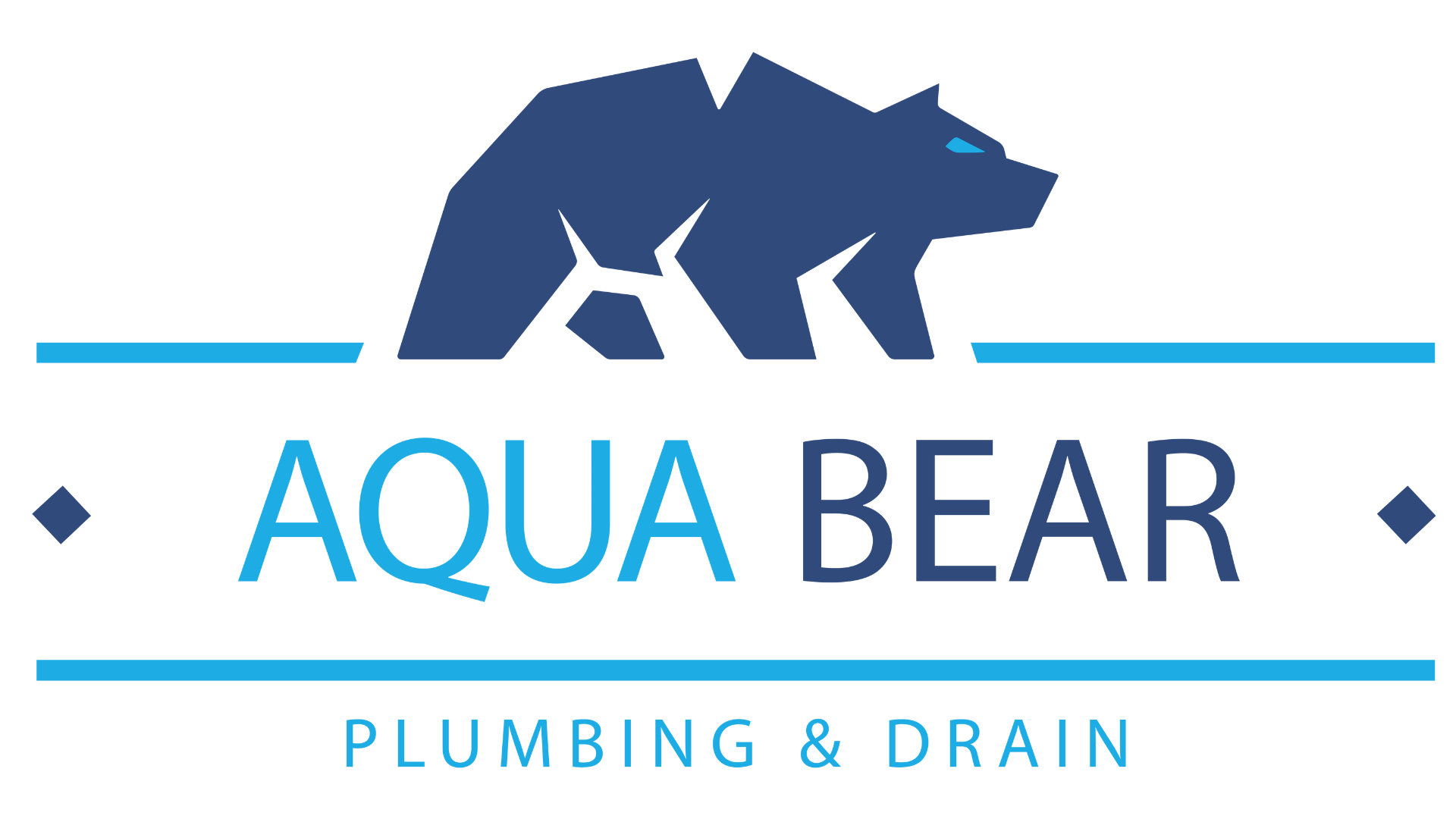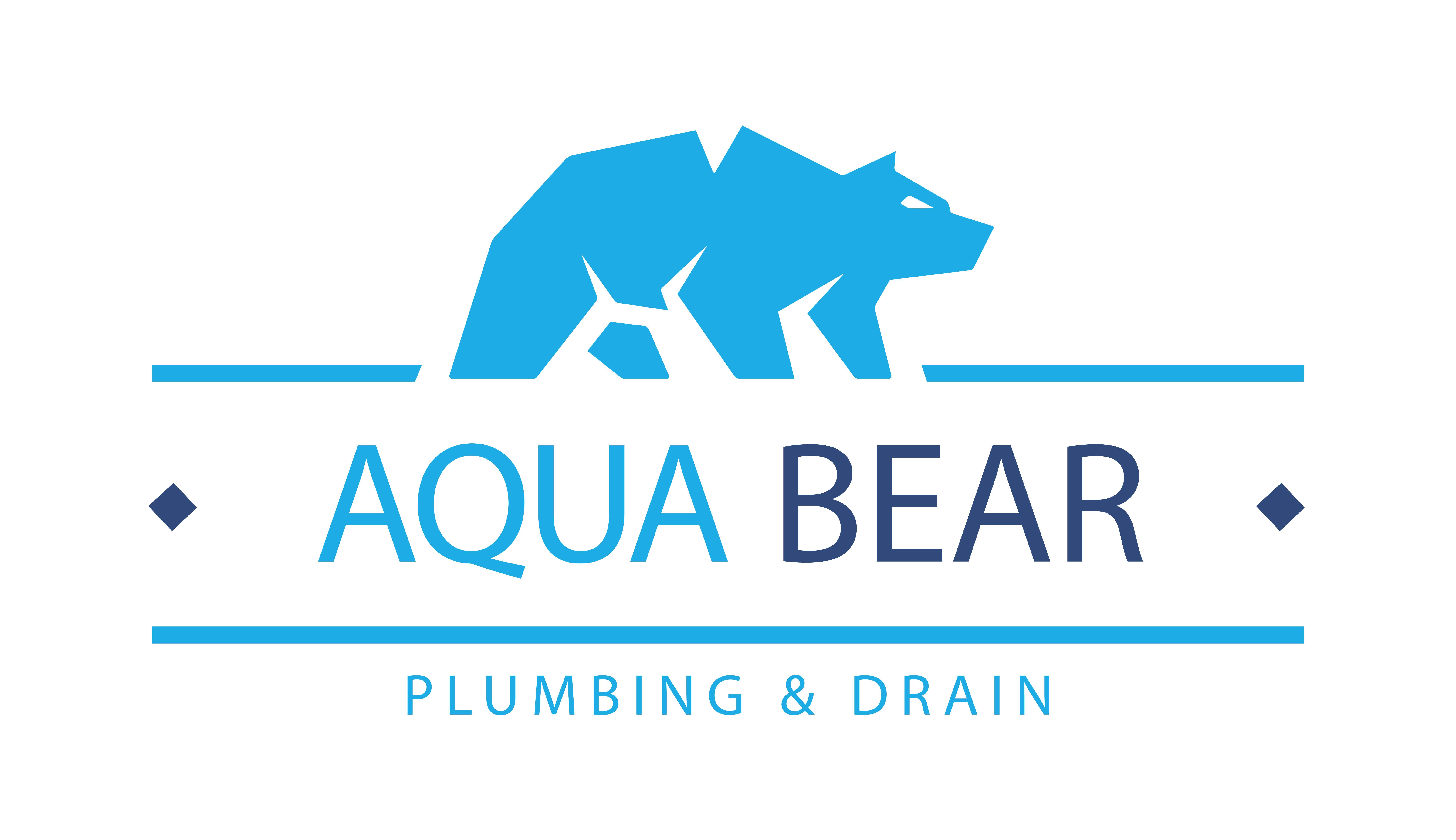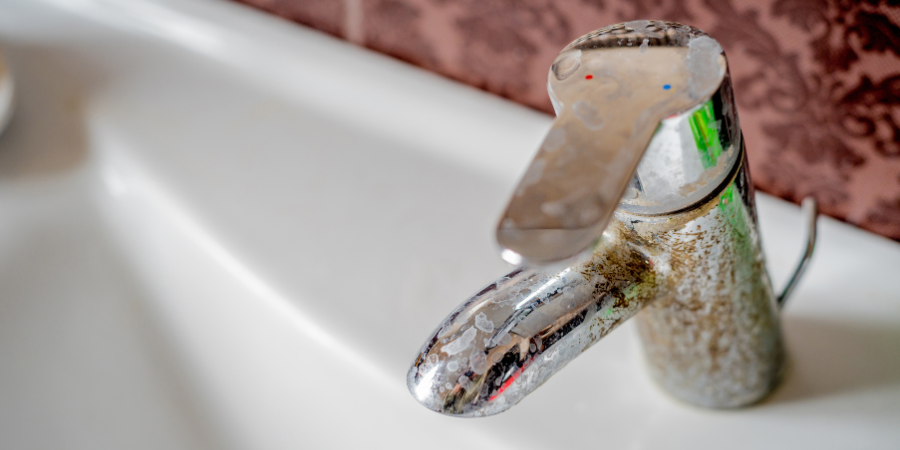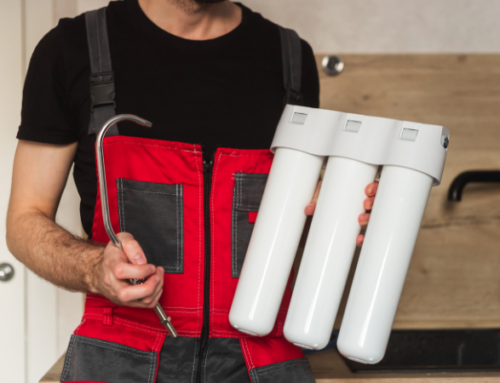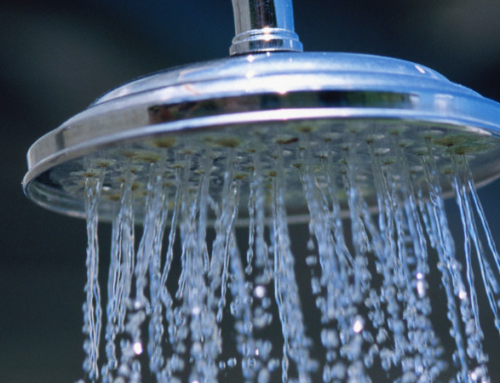Water is essential for our well-being and for completing a host of everyday activities. While you may conclude that water across the country is the same, this would be a false assumption. Although all water is comprised of two parts hydrogen to one part oxygen, it varies in pH and mineral content. Water high in minerals such as calcium, magnesium, and lime will interact with the acids to produce hard water with a high pH level.
Although hard water poses no health threats, it can cause considerable damage to plumbing pipes, fixtures, and water-using appliances, leading to frequent repairs or premature replacements.
How Hard Is Hard?
Water hardness is measured in grains per gallon (gpg), with a grain representing 0.002 ounces of calcium carbonate dissolved in one gallon of water. A reading of 0 to 3 gpg is considered soft water and poses no threat to plumbing components. A reading between 3.5 to 7 gpg is ideal but rarely found in homes across the US. Water testing higher than 7.5 gpg is considered hard, and readings higher than 15 gpg see unrelentingly harsh results. The higher the calcium content, the harder the water and the more damage you can expect to see.
High Hard Water Areas
Although water tested as hard is found in more than 85% of the country, some areas have an increased hardness rating. Here, we will explain which areas of the country are most affected and why that is so.
Where?
Hard water is especially prevalent in the southern states and the Midwest. Indianapolis, Indiana, Las Vegas, Nevada, and Minneapolis, Minnesota, are among the top three areas most affected by hard water. Many homeowners who suffer the effects of hard water in these areas depend on water-softening solutions to preserve their plumbing systems.
Why?
Municipal water sources in these areas include both surface and groundwater, which are high in mineral content. The limestone bedrock in Indiana or the mineral-rich water feeds from the Colorado River all contribute as groundwater seeps through layers of soil and rock, absorbing calcium, magnesium, and lime.
The Effects Of Hard Water On Plumbing Systems
Hard water can affect a home’s cleanliness and comfort and destroy plumbing pipes, fixtures, and appliances that use water, such as a dishwasher or washing machine. It certainly can frustrate homeowners and will likely shorten the life of plumbing systems.
Laundry And Bath
Hard water cannot effectively remove soap, shampoos, or detergents from clothing, leaving behind an unsightly crusty residue. It can also result in dry, itchy skin, lackluster hair, and stiff and dull clothing. It also makes cleaning practices less than rewarding. While primarily an aesthetic issue, hard water lowers the overall quality of life.
Limescale
Hard water leads to a condition known as limescale. Limescale is a hard, crusty deposit that can be seen on drinking glasses, faucets, showerheads, or anywhere water is left to dry. The white deposits are the minerals that are left behind when water evaporates.
Limescale can be removed from surface areas but the damage it does in hidden areas such as pipe interiors or water heaters cannot be corrected unless a filtration system is installed.
Low Water Pressure
As mineral deposits build inside plumbing pipes, the pipe interior becomes narrower and narrower as it fills with corrosive material. This leaves diminishing space for fresh water to enter and creates annoying low water pressure. No one enjoys or should tolerate a trickling shower or a bucket that takes forever to fill. The solution to heavily corroded pipes is to replace them. Otherwise, pipes will crack and burst, leading to even more severe plumbing problems like leaking and subsequent health-related issues from mold and mildew growth.
Costly Repairs
Corrosion also affects plumbing fixtures and appliances, causing homeowners to undergo costly and frequent repairs and early replacement of plumbing components. Hard water leads to a draining wallet and an increase in frustration!
Do I Have Hard Water?
The first step in determining if you have hard water is to contact your local water supplier. They record and share a confidence report indicating features that affect water quality. Many of these reports include information about hardness levels.
A more accurate way to test your water is to purchase a home test or engage the services of a local lab that will come to your home to obtain a water sample. The water will be tested, and a hardness rating will be assigned. Water testing should be done every few years to keep current on the status of your water/
What Can Be Done?
Aging plumbing that is full of corrosive materials should be replaced. Although a significant plumbing endeavor, it is well worth the reduction in leaking, clogging, pipe bursting, and the costly damages resulting from a plumbing failure.
Luckily, a water softener can be installed to counter the effects of hard water on plumbing systems. These units are easy to install, require minimal maintenance, and will reduce the hard water minerals so your plumbing will last its expected lifespan.
Are You Looking To Correct Hard Water Issues And Restore Your Plumbing System?
Hard water can negatively affect plumbing systems by clogging drain pipes and blocking sewer lines. Hard water is responsible for plumbing leaks, health-related consequences, and a reduction in the quality of people’s everyday lives. This is why having hard water should matter to every homeowner.
We offer plumbing services to monitor plumbing systems for signs of hard water damage. We install water softeners to relieve the strain hard water places on pipes, fixtures, and appliances, as well as the personal discomfort and frustration associated with mineral-rich water.
Call us to schedule an appointment. We are well respected, trustworthy, and focused on making your home a safe and comfortable place to live.
